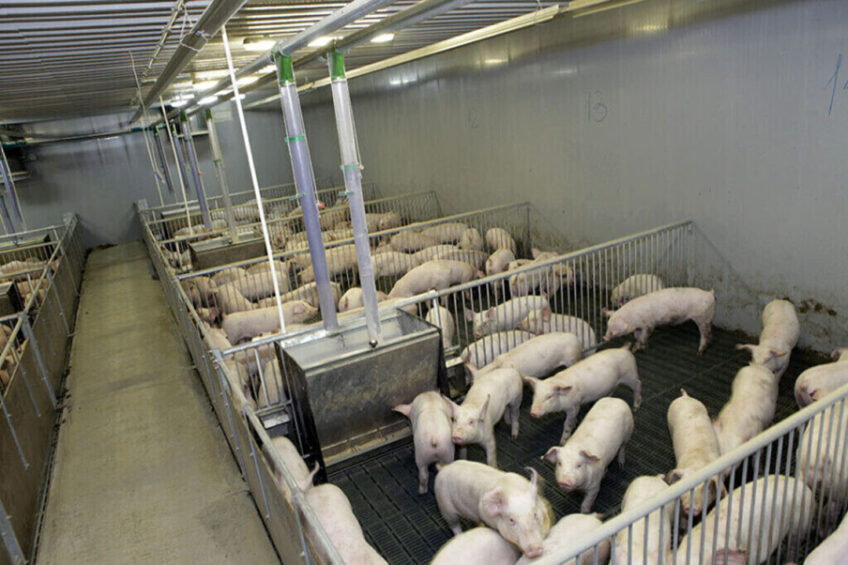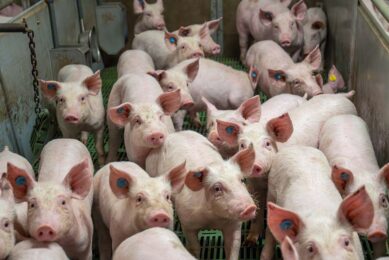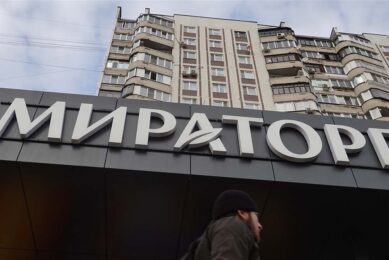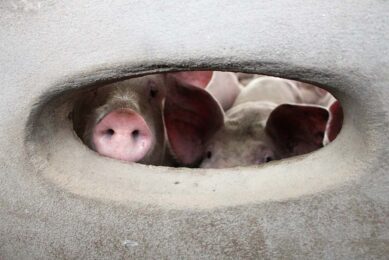Environmentalists sound alarm over new Russian ecological bill

More than 60 organisations for protecting the environment have signed a petition for Russian lawmakers calling to drop a controversial bill on manure management.
State Duma, the lower chamber of the Russian Parliament, passed a draft billed titled ‘On Livestock By-Products’ on May 24, removing manure and litter from the list of production and consumption waste.
As explained by the ecologists, once the bill is signed into law, Russian regulators will lose the authority to oversee the disposal of livestock waste.
Green light for pollution
“The bill practically provides farmers with a green light for polluting fields with fresh manure, which poses a direct threat to human health and the environment”, the ecologist said in the appeal.
The Russian Agricultural Ministry estimated that 237,000 tonnes of manure and litter are produced annually in the country, primarily by poultry and pig farmers. Farmers are reluctant to invest in establishing waste processing capacities.
Antibiotics, vaccines, hormones, medicine, helminths and intestinal bacteria enter the environment from animal waste
Andrey Nagibin, chairman of the Russian Green Ecological Party
A direct threat
“This is not only an environmental problem but also a direct threat to people’s health,” said Andrey Nagibin, chairman of the Russian Green Ecological Party. “Antibiotics, vaccines, hormones, medicine, helminths and intestinal bacteria enter the environment from animal waste.”
Nagibin added that highly invasive bacteria that cause brucellosis, a dangerous disease for humans, survive in manure for 20-25 days, mycobacterium tuberculosis – for more than 400 days.
‘Manure water’
The problem of improper livestock waste disposal in Russia has deep roots. For instance, in October 2021, in the city of Troitsk, Chelyabinsk Region, a liquid fraction of pig manure got into the city water system, killing all fish in the local river, and leaving 73,000 residents of the city without water supply for more than a day, as people reported about having ‘manure water’ flowing from the tap.
Farmers to benefit
Elena Knizhnikova, a member of the Central Headquarters of the All-Russian Population Front, told Russian press that the bill was prepared in the interest of Russian agricultural producers. Knizhnikova added that since no regulation is offered instead, the new bill creates legal uncertainty and would lead to irresponsible handling of animal waste.
“The bill is a manifestation of environmental and climate irresponsibility in its most striking forms,” Nagibin said, adding that animal waste accounts for 2% of global greenhouse emissions. When decomposed, it emits methane.
2 more readings
The bill is yet to pass 2 readings in State Duma before it goes to the upper chamber of the Russian Parliament. Ecologists are confident that the chances of the bill being eventually adopted are high, since it is lobbied by powerful business groups.
 Beheer
Beheer








 WP Admin
WP Admin  Bewerk bericht
Bewerk bericht